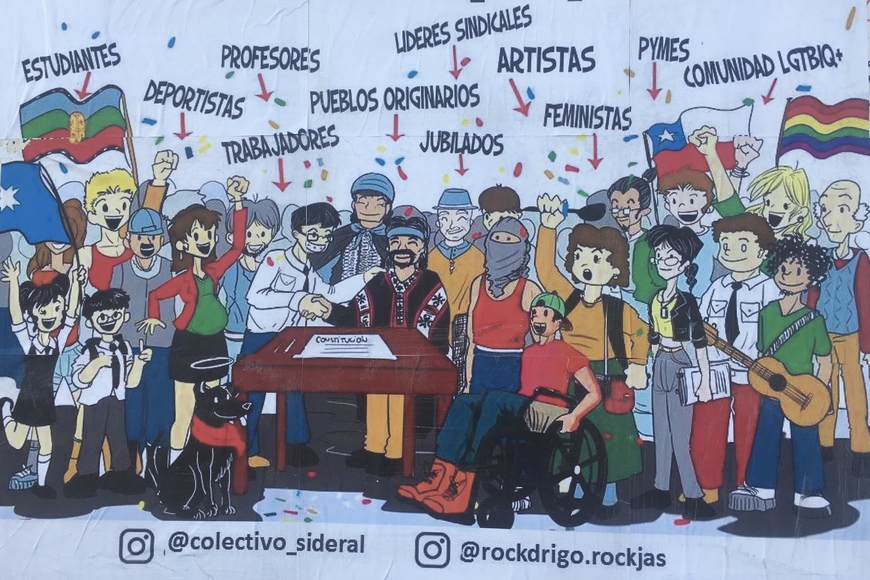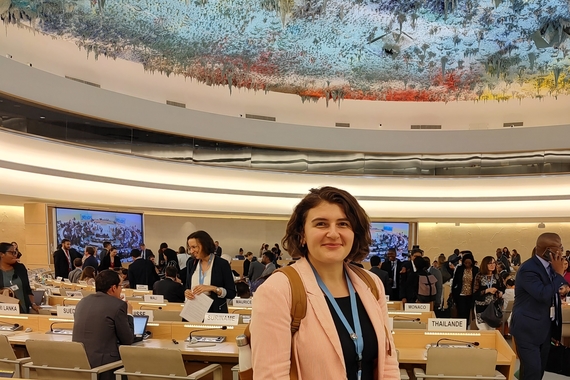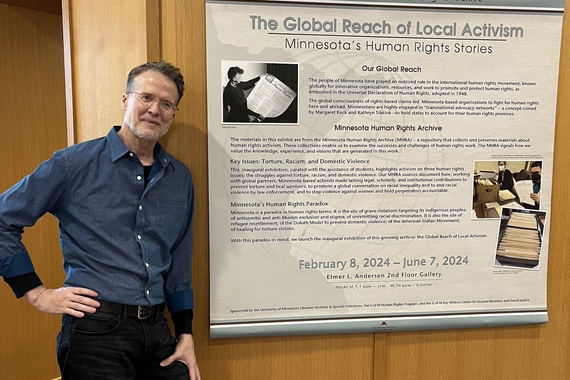Moving Beyond the Pinochet Dictatorship
On Sunday, October 25th, Chileans voted overwhelmingly to approve the drafting of a new constitution to replace the charter inherited from the Pinochet dictatorship. In this historic plebiscite, the first since the return of democracy in 1990, nearly 80% of the electorate registered their support for rewriting the constitution and opted for a constituent body to be elected uniquely for that purpose (rather than a mixed body that would have included sitting members of Congress). This marks the symbolic end of the long shadow cast by the authoritarian regime and opens the path for the first democratically crafted constitution in Chilean history.
Several aspects of the plebiscite and the ongoing constitutional process are notable from a comparative and international perspective, as well. First, the process was initiated as a response to a social uprising, which began one year ago, in which millions of people took to the streets to protest inequality and exclusion and to demand a new constitution. Second, following a transversal political agreement, the Chilean Congress amended the existing constitution to establish a procedural roadmap for constitutional rewrite. As part of this reform, they approved a proposal to secure gender parity if and when a fully elected constituent body prevailed, as it did in the plebiscite. Chile will thus have the first constitution in the world drafted by an equal number of women and men. Third, in a year in which the global CoVid19 pandemic has complicated elections and challenged voter turnout, Chile’s plebiscite, postponed from an original April date, was conducted safely and smoothly, and saw an increase in voter participation from recent years.
All of these are major democratic achievements, but a number of challenges lie ahead. The most immediate challenge is how to secure a body of delegates to the constituent convention that represents the mobilized social sectors. Party identification has been decreasing systematically for years and mistrust of the political class is widespread and reflected in the outcome of the plebiscite. In this context, citizens are pushing for reserved seats for representatives of indigenous groups and electoral reforms to facilitate the candidacy of individuals outside of party lists. Once delegates are seated, they will face another challenge: building consensus so as to meet the requirement of two-thirds majority approval for the decisions of the constituent body. It remains to be seen how this ambiguous rule will work in practice. Above all, though, Chile faces the challenge of addressing popular demands for both structural reforms and participatory mechanisms in the constituent process itself and in the new political system it creates. In a constituent process triggered from below, no specific proposals have yet been introduced to give citizens an effective voice in deliberations towards a new supreme law.
Chile has often drawn the global spotlight, serving as a laboratory for some of the best and worst political innovations of the past sixty years. Should the country successfully meet the challenges of this moment, it can become a model for building a more equal and inclusive political system, inspiring those dedicated to human rights and democracy around the world.
Authors Professor Lisa Hilbink and PhD candidate Valentina Salas conducted research in Chile as part of the Human Rights Lab and Human Rights Initiative. Their work examines how citizens develop opinions of judicial institutions, how these perceptions are affected by inequalities, and how such perceptions impact how willing citizens are to claim their rights within the judicial system.



